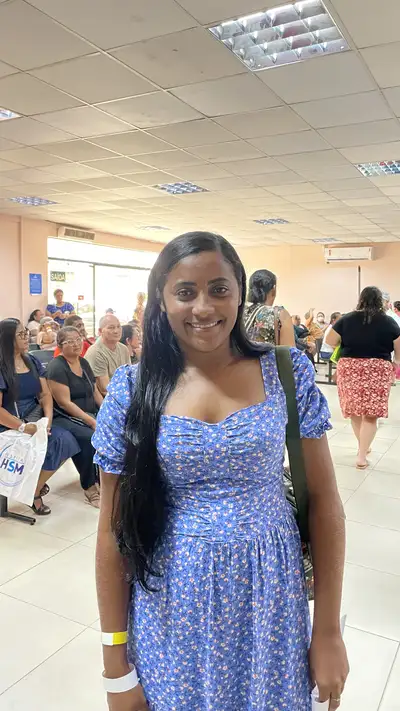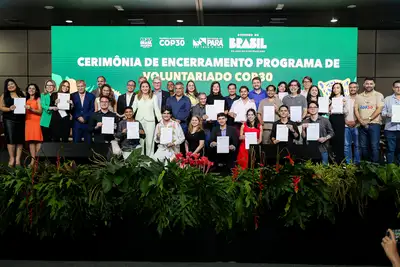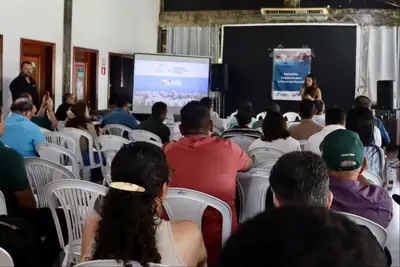With Emater, women from Peixe-Boi receive rural credit for the first time
The Cedro community is located at km 2 of the PA-242 highway, bordering Nova Timboteua, and will use the funds for cassava production and farinha houses.
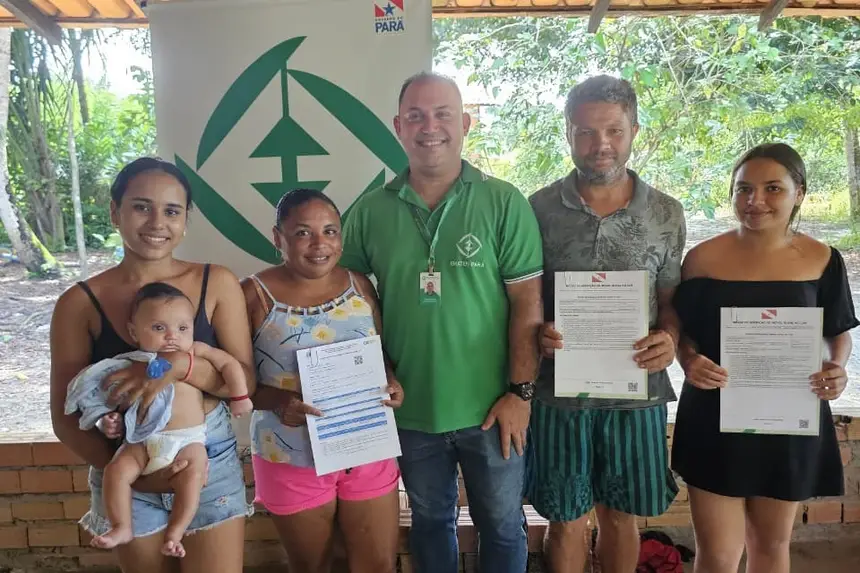
For the first time, through projects developed by the local office of the Technical Assistance and Rural Extension Company of the State of Pará (Emater) in Peixe-Boi, on the Caeté River, women from the Cedro Community, at Km 2 of the PA-242 highway, bordering Nova Timboteua, will benefit from rural credit in their own names, in order to expand cassava crops and improve the structure of farinha houses.
The expectation is that by the end of August, Maria Izabel Silva, 42, and Joice Peixoto, 21, mother and daughter, will each receive about R$ 10,000 from the National Program for Guided Microcredit (PNMO) of the Bank of the Amazon (Basa).
The beneficiaries represent, respectively, the third and fourth generations of the same family that has lived in the territory for over half a century, since the arrival of the patriarch couple, Raimundo and Josefa Ribeiro. Heirs of the possession, but without ownership of the property, the 11 children and more grandchildren and great-grandchildren have endured a limbo of rural public policies for two decades.
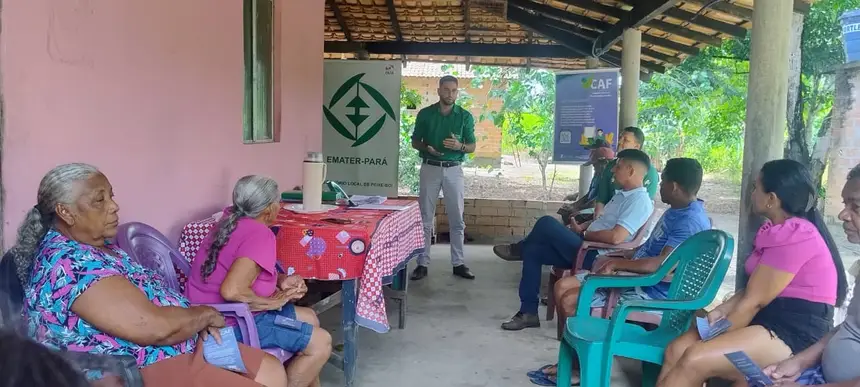
Since 2023, Emater's on-site work there has been addressing solutions for land and environmental regularization demands, in partnership with the Land Institute of Pará (Iterpa), the City Hall, and the State Secretariat for the Environment and Sustainability (Semas).
At the end of July, Emater delivered 11 rural environmental registrations (cars) and 11 national registrations of family agriculture (cafs). Currently, each family sub-nucleus works on areas between five to seven hectares.
“This is a historic moment in the Community because it reopens the doors of public policies and legitimizes the existence of this large family, which grows with new members, in a natural process of new generations. When women and youth begin to be recognized by the State, when they enter the official list of what is rightfully theirs, and here I highlight the caf and the car, this values tradition, strengthens food security, and reduces the risks of rural exodus,” points out the head of the local Emater office in Peixe-Boi, agricultural technician Thomáz Wellington Nascimento.
Plans
In Maria Izabel Silva's retreat, the production of farinha d’água in two artisanal ovens exceeds one ton per week. “And we intend to increase it,” she says. The rural credit will primarily serve to double the size of the farm. Additionally, together with her husband, José Souza, 44, she is preparing to raise pigs again.
“Emater is the best thing there is. It helps a lot. It came to lend us a hand and never let go. Today our plans have revived, and we can look at activities with an entrepreneurial vision because the opportunities are real,” she celebrates.
With the caf issued by Emater, for example, the youngest, Maria Letícia Souza, 19, who is one month pregnant, will also be able to access rural maternity assistance from the National Institute of Social Security (INSS).


